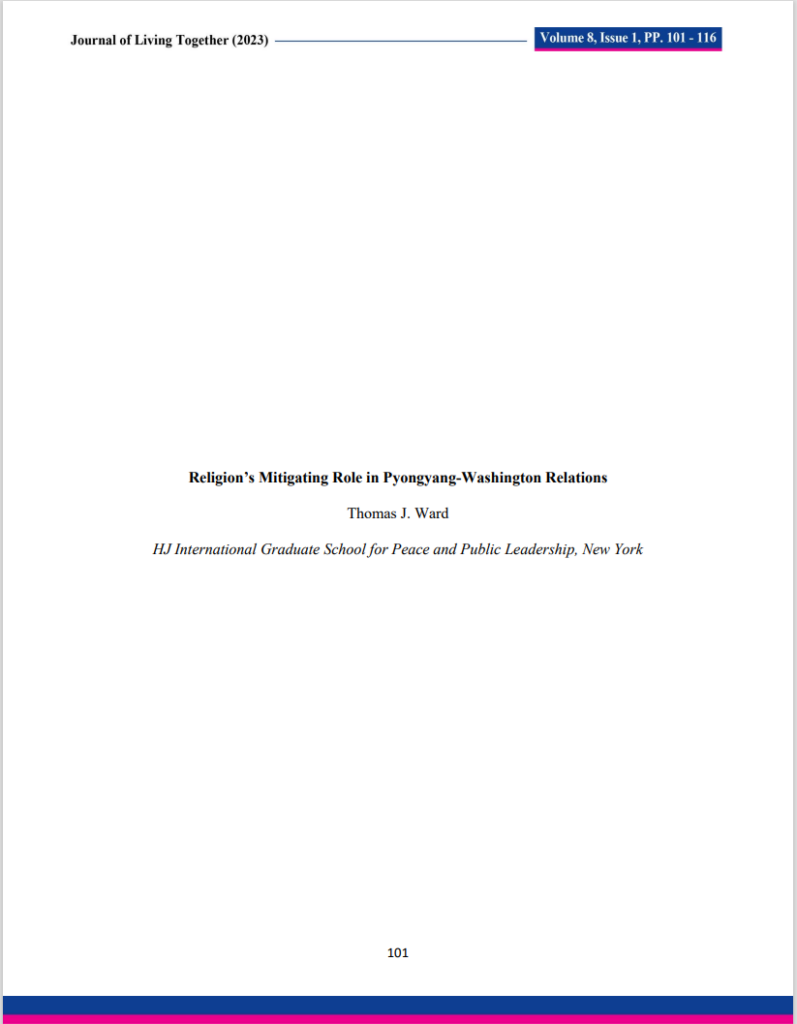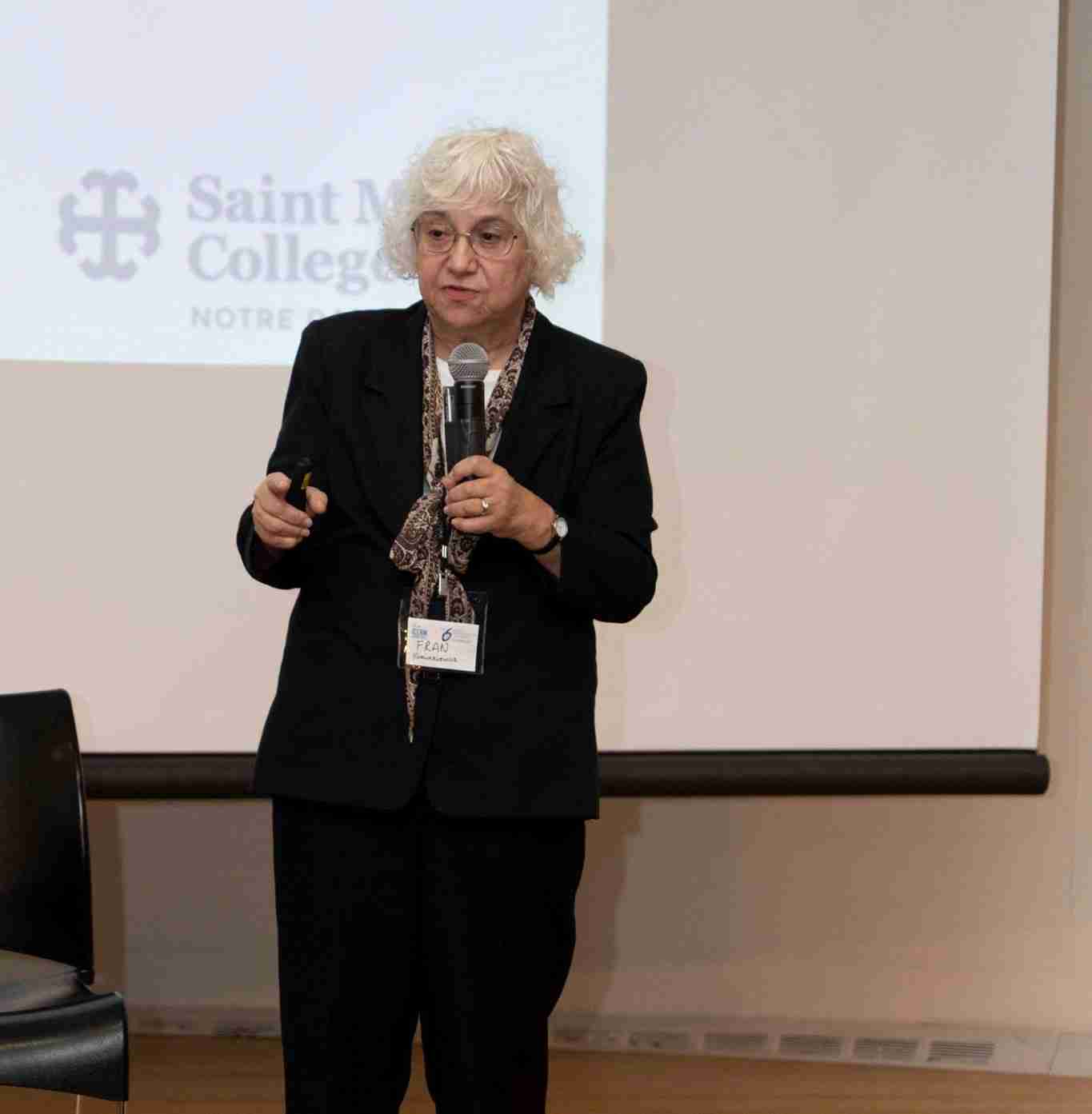2022 International Conference Videos

In this era of binary thinking and toxic polarization, policymakers are looking for proactive ways to resolve ethnic conflict, racial conflict, caste based conflict, and religious conflict.
ICERMediation Develops Alternative Dispute Resolution Systems and Processes
At ICERMediation, we are committed to developing and promoting alternative ways to resolve ethnic conflict and other types of identity conflicts.
We provide free access to recorded lectures and presentations that explain various methods to resolve ethnic conflict, including caste based conflict, racial conflict, and religious conflict in different countries.
The videos you are about to watch were recorded during our 7th Annual International Conference on Ethnic and Religious Conflict Resolution and Peacebuilding.
The conference was held from September 27 to September 29, 2022 in the Reid Castle of Manhattanville College in Purchase, Westchester County of New York.
We hope you will find the analyses and recommendations useful for understanding and addressing the conflict situation you are working on.
Please subscribe to our channel to receive updates about future video productions.






















